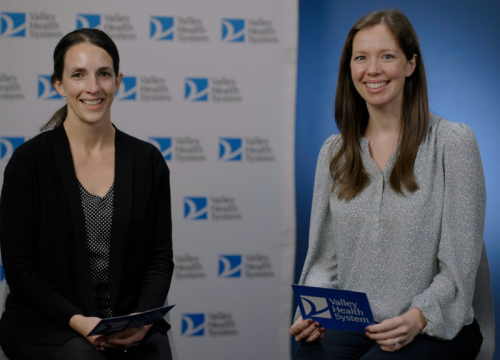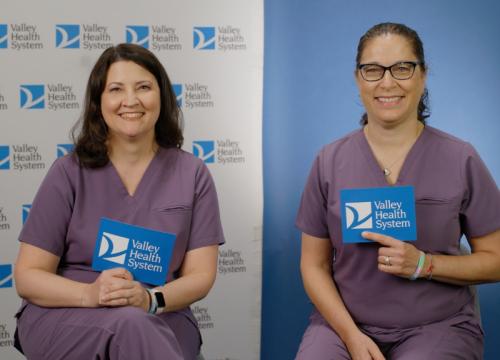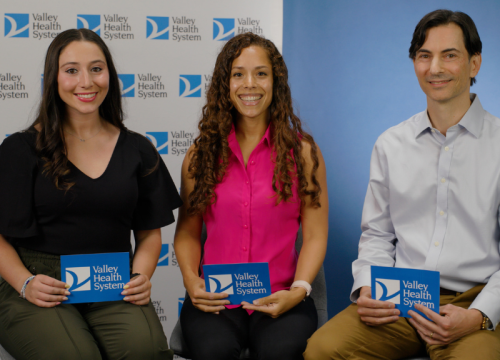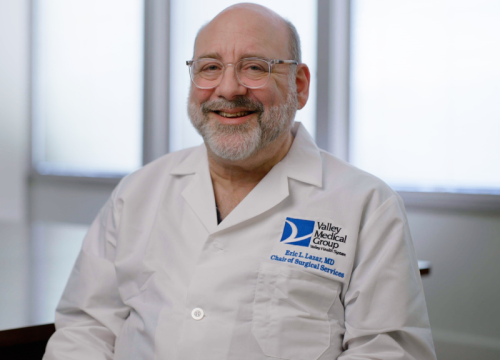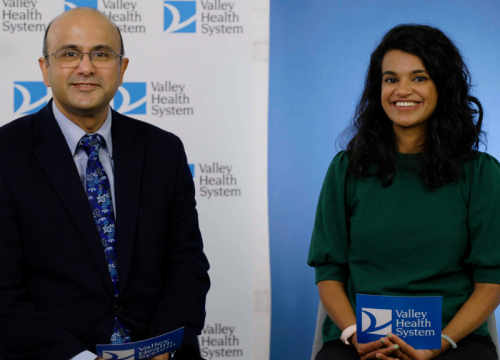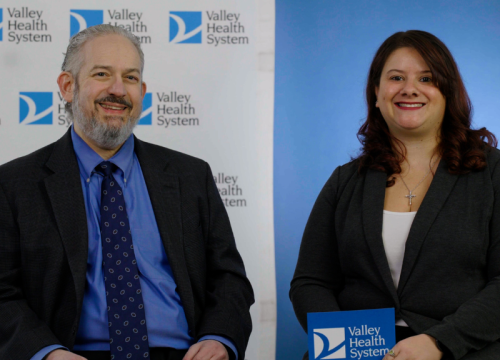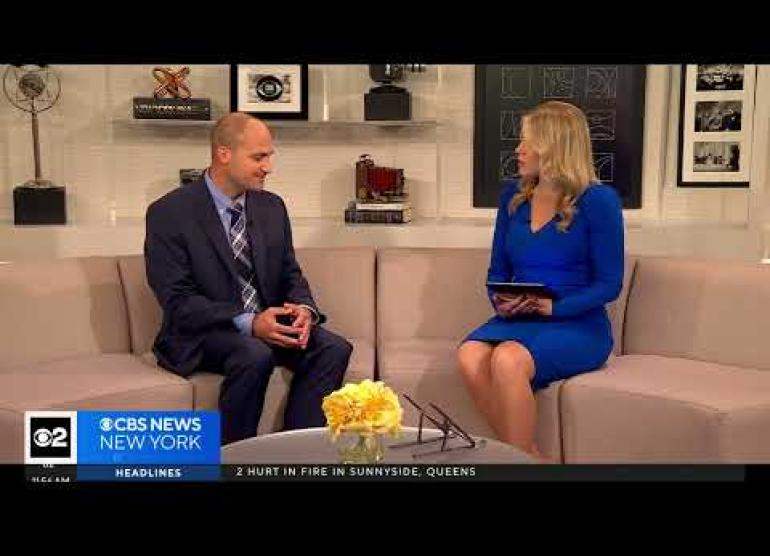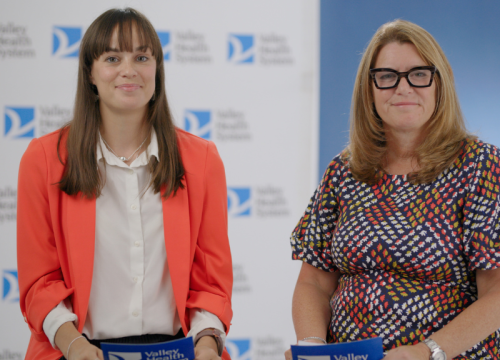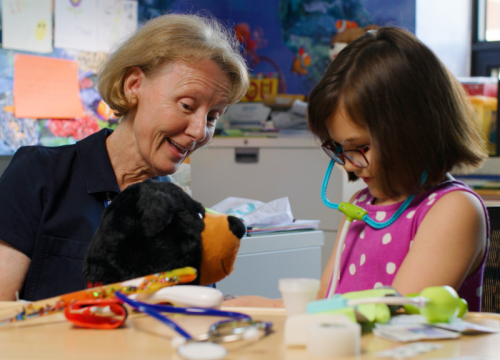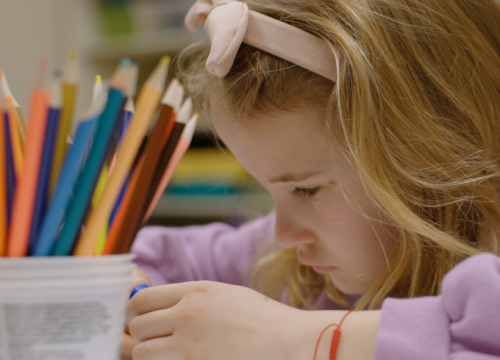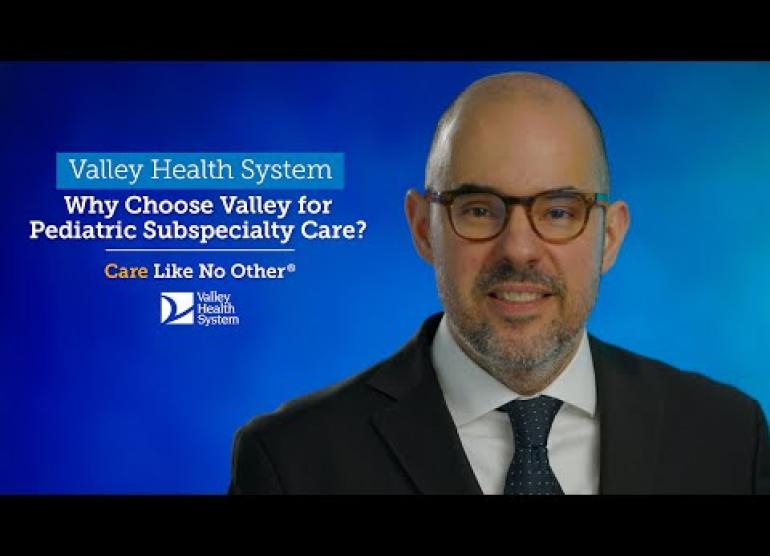Read important information about Valley's continued commitment to serving our patients and respecting their privacy, regardless of immigration status.
Read MoreA speech disorder is a problem with the production of sounds. A language disorder refers to difficulty understanding or putting words together to communicate ideas.
At the Kireker Center for Child Development, certified speech-language pathologists evaluate, diagnose and treat all types of speech-language disorders in children from birth to age 21. Our program offers individualized therapy for:
- Expressive and receptive language delays
- Articulation delays (sound changes, phonological disorders, lisps, tongue thrust)
- Language processing disorder
- Oral motor weakness
- Voice disorders (e.g., vocal nodules)
- Poor social use of language
- Fluency (stuttering)
Children who are treated for speech-language disorders may have:
- Autism
- Pervasive developmental disorder-not other specified (PDD-NOS)
- Attention-deficit disorder (ADD)
- Auditory processing disorders
- Cerebral palsy
- Traumatic brain injury
- Down syndrome
Speech-Language Therapy: What to Expect
Before the First Appointment
You’ll receive a packet of information in the mail to complete and bring to your child’s first appointment. Please fill out the medical history section with as much detail as possible. If your child has had any previous tests, please bring the results and reports with you. For insurance purposes, please bring any referral forms, pre-authorization forms, or co-payments that your individual policy requires.
Your Child’s Therapy Sessions
Individual speech-language therapy sessions are usually 30 minutes, and most children come to us once or twice a week. Our play-based therapy is one-to-one and takes place in a private office. Parents are welcome to attend the initial sessions, but we try to transition the child to sessions without the parents so the child isn’t distracted during therapy. We take an interdisciplinary approach with therapy – an audiologist and occupational and physical therapists are all located on the first floor.
To maintain your child’s progress, our therapists will provide exercises and language-stimulating activities that your child can do at home each day. At the end of each therapy session, we’ll discuss with you what home-based therapy you should focus on during the upcoming week.




